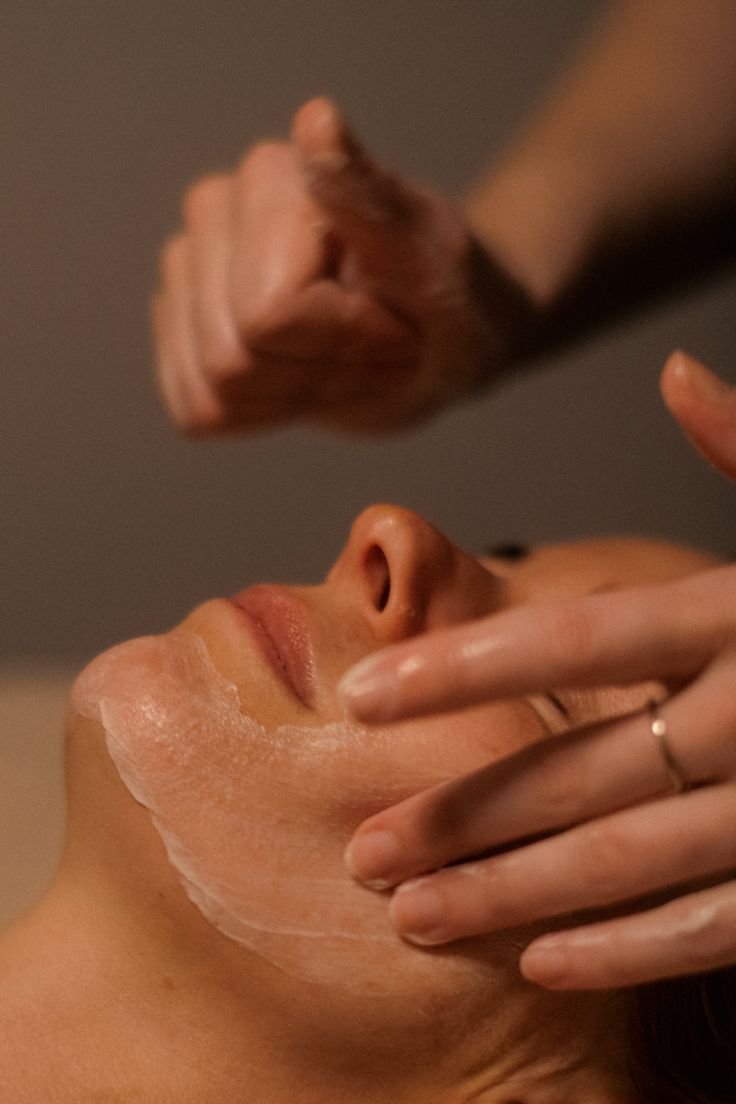When we think about maintaining our health, we often focus on obvious factors like diet, exercise, and sleep. However, there's an unsung hero in our bodies that deserves far more attention: the liver. This remarkable organ, weighing about three pounds in adults, performs over 500 vital functions that keep us alive and thriving. From filtering toxins out of our blood to producing essential proteins and regulating our metabolism, the liver is truly a multitasking marvel.
Despite its importance, liver health is often overlooked until problems arise. This oversight can lead to serious consequences, as liver disease rates continue to climb worldwide.
In this comprehensive guide, we explore why focusing on liver health is crucial for overall wellness, and how you can take proactive steps to support this vital organ.
No. 1
Understanding the Liver's Functions
To appreciate the importance of liver health, we must first understand the myriad functions this organ performs daily.
One of the liver's primary roles is detoxification. It acts as a sophisticated filtration system, removing harmful substances from our blood. These toxins can come from various sources, including alcohol, medications, environmental pollutants, and even byproducts of our metabolism. The liver breaks down these potentially harmful compounds and converts them into less toxic forms that can be safely eliminated from the body.
This detoxification process is crucial for maintaining overall health. Without it, toxins would accumulate in our system, leading to a host of health problems. By supporting liver health, we're essentially bolstering our body's natural defense mechanism against harmful substances.
The liver plays a central role in processing and storing nutrients from the food we eat. It converts carbohydrates into glucose, which is then stored as glycogen or released into the bloodstream to provide energy. The liver also processes fats, producing bile that helps break down and absorb dietary fats and fat-soluble vitamins.
Moreover, the liver stores essential vitamins and minerals, including iron, copper, and vitamins A, D, E, K, and B12. This storage function ensures that our body has a steady supply of these crucial nutrients, even when our diet may be lacking.
Another vital function of the liver is protein production. It synthesizes many of the proteins necessary for blood clotting, immune system function, and other essential processes. Albumin, the most abundant protein in blood plasma, is produced by the liver and plays a crucial role in maintaining proper fluid balance in the body. The liver's protein production capabilities extend to creating transport proteins that carry various substances through the bloodstream. This includes lipoproteins that transport fats and cholesterol, ensuring they reach the cells that need them while preventing their accumulation in blood vessels.
No. 2
The Link Between Liver Health and Overall Wellness
The liver's diverse functions make it a cornerstone of overall health.
A well-functioning liver contributes significantly to our daily well-being in numerous ways. It plays a crucial role in maintaining energy levels and regulating metabolism, ensuring that our body efficiently converts food into usable energy. The liver's impact on digestion and nutrient absorption cannot be overstated, as it produces bile necessary for breaking down fats and aids in the absorption of vital nutrients. Recognizing the liver's importance, many health-conscious individuals seek ways to support this vital organ.
Some incorporate liver-supporting foods into their diet, while others explore supplements like the purehealth research liver health formula to complement their wellness routines. Regardless of the approach, maintaining liver health is crucial for overall vitality and can have far-reaching effects on various aspects of our well-being, from skin health to immune function.
Moreover, a healthy liver is essential for a robust immune system, helping to ward off infections and diseases. Many people are surprised to learn that liver health can also affect the appearance of their skin, with a well-functioning liver contributing to a clearer complexion and reduced inflammation throughout the body. The liver's role in hormone balance is another critical aspect, influencing mood and overall mental well-being. Additionally, it plays a significant part in healthy weight management, regulating the storage and breakdown of fats.
When liver health is compromised, it can lead to a cascade of health issues affecting multiple systems in the body. This interconnectedness underscores the importance of maintaining optimal liver function for overall wellness.
No. 3
Common Liver Health Challenges
Understanding potential threats to liver health is crucial for preventing and intervening early. One of the most common liver health challenges facing society today is non-alcoholic fatty liver disease (NAFLD). This condition, often linked to obesity, poor diet, and sedentary lifestyles, is becoming increasingly prevalent. If left unchecked, NAFLD can progress to more severe conditions, potentially leading to cirrhosis or liver failure.
Viral hepatitis, particularly hepatitis B and C, presents another significant challenge to liver health. These viral infections can cause both acute and chronic liver damage, with long-term consequences if not properly managed. While vaccines exist for hepatitis B, awareness and prevention strategies remain crucial for both types of viral hepatitis.
Alcohol-related liver disease continues to be a leading cause of liver damage worldwide. The spectrum of alcohol-induced liver problems ranges from fatty liver to the more severe condition of cirrhosis. Understanding safe consumption limits and the impact of alcohol on liver health is essential for preventing these issues.
No. 4
Lifestyle Factors Affecting Liver Health
Our daily choices significantly impact liver health, and understanding these factors is key to maintaining a healthy liver.
Diet and nutrition play a fundamental role, with the types and quantities of food we consume directly affecting liver function. A balanced diet rich in fruits, vegetables, whole grains, and lean proteins can support liver health, while excessive consumption of processed foods, saturated fats, and added sugars can strain the liver.
Physical activity is another crucial factor in liver health. Regular exercise helps maintain a healthy weight, reduces fat accumulation in the liver, and improves overall metabolic function. Even moderate activities, such as brisk walking or cycling, can have significant benefits for liver health.
Alcohol consumption is perhaps one of the most well-known lifestyle factors affecting the liver. While moderate consumption may be acceptable for some, excessive or chronic alcohol use can lead to serious liver damage. It's important to be aware of recommended limits, practice mindful drinking habits, and consider an at-home alcohol detox.
Medication use, both prescription and over-the-counter, can also impact liver health. Some medications can cause liver damage, especially if taken in high doses or for extended periods. It's crucial to follow prescribed dosages and consult with healthcare providers about potential liver effects.
Stress management is often overlooked but plays a significant role in liver health. Chronic stress can contribute to inflammation and potentially exacerbate liver problems. Incorporating stress-reduction techniques such as meditation, yoga, or regular relaxation practices can support overall liver function.
Lastly, environmental exposures to toxins and pollutants can affect liver health. Being mindful of exposure to chemicals, pollutants, and other harmful substances in our environment and taking steps to minimize this exposure can help protect the liver.
Takeaways
We've explored the crucial role of liver health in overall wellness. From energy levels to digestion, weight management to skin health, your liver impacts it all. By adopting liver-friendly habits like balanced nutrition, regular exercise, and stress management, you're not just supporting one organ—you're enhancing your entire well-being. Don't wait for issues to arise; start prioritizing your liver health today. Your body will thank you with improved vitality and wellness. Remember, a healthy liver is key to a healthier you.
FAQ
How do I know if my liver is healthy?
Regular check-ups, including liver function tests, can assess liver health. Signs of a healthy liver include consistent energy levels, clear skin, and efficient digestion.
Can liver damage be reversed?
In many cases, early-stage liver damage can be reversed with lifestyle changes, proper nutrition, and medical intervention if necessary.
Are liver cleanses effective?
Most commercial liver cleanses are unnecessary. The liver naturally detoxifies itself. Focus on a healthy diet and lifestyle instead.
How much alcohol is safe for liver health?
Moderate drinking (up to 1 drink per day for women and up to 2 for men) is generally considered safe but less or none at all is optimal for liver health.
Can being overweight affect my liver?
Yes, excess weight can lead to fat accumulation in the liver, potentially causing non-alcoholic fatty liver disease (NAFLD).
LOOKING FOR WELLNESS RESOURCES?
Are you looking to enhance your wellness routine? Explore our wellness partners who offer a wide range of resources to support your journey toward holistic living and well-being. From mindful living practices to self-care techniques, our partners are here to help you elevate your wellness routine to support you on your journey of health and vitality.































































































